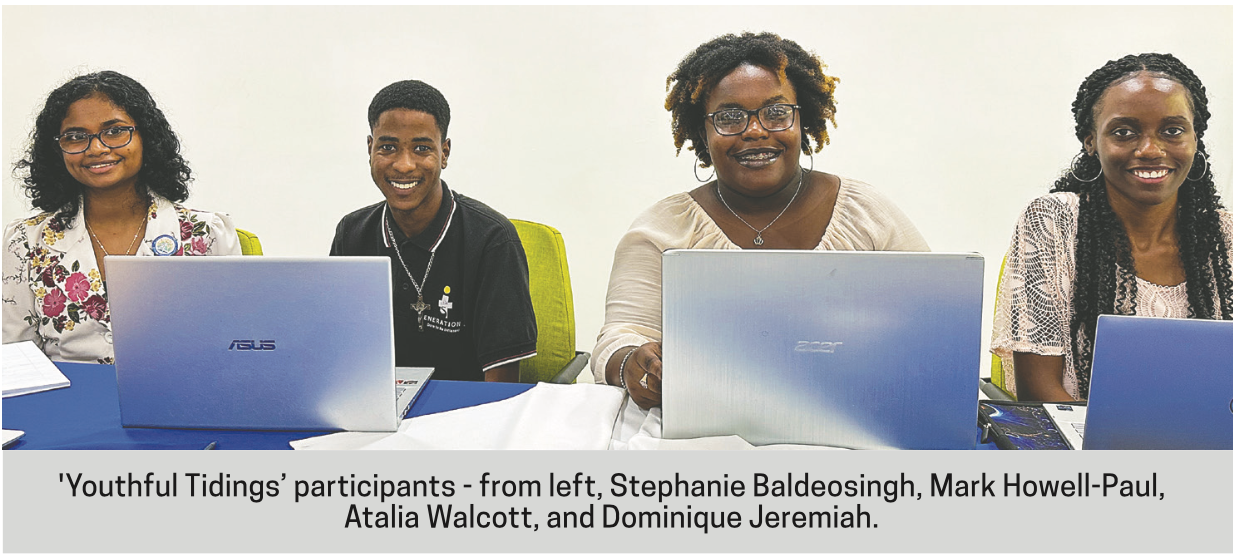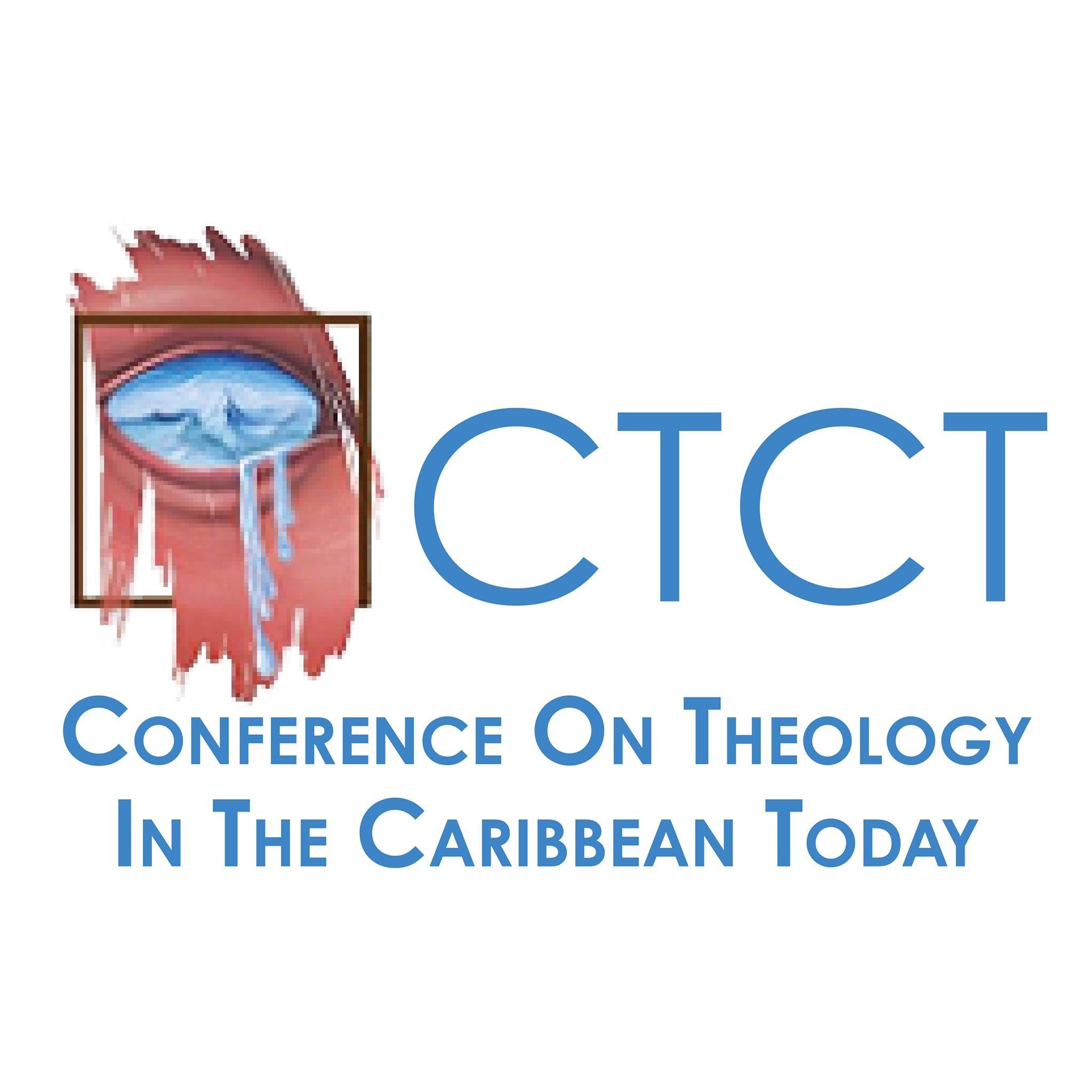Blog Detail
Blog Detail
Youth and Caribbean Theology!
The Conference on Theology in the Caribbean Today (CTCT) 2023 took place in Grenada during the period of June 26th – June 30th. A youth panel was held at the Kirani James Stadium, St. Georges, on June 28th. During this segment, 4 panellists, all being active youth leaders in our respective churches, shared insight on the matters affecting today’s generation.
The first panellist, Mark Howell-Paul, was a 23-year-old musician from the parish of Our Lady of Perpetual Help, San Fernando, Trinidad. He challenged us to think on how the Church can interact with her young people through creativity. He implored that we must pour ourselves into young people, while allowing them to actively participate creatively in church affairs, while also spending time with them to understand their needs. He pointed out that God, in the Genesis Creation story, did all these things, by creating Adam from the dust with His Spirit, then, allowing him to participate in Creation by naming created things, while also understanding and granting his need for a suitable partner. Investing in the creativity of our youth will help them to grow, both spiritually and in their talents. Mark also performed one of his original songs, “Guide Me,” which spoke to the need of God’s guidance as a youth.
The second panellist was Dominique Jeremiah, a 22-year-old medical student at St. George’s University, and from the parishes of St. Andrew the Apostle, Grenville, and the Blessed Sacrament, St. Luke’s Community, Grenada. She challenged us to put on new lenses of perception for the youth of our churches, communities, and wider societies. She conveyed that today’s youth have been socialized into a technological, materialistic world – therefore facing confusion in their understanding of themselves and God, personal development, technologies, and lifestyles. She observed that today’s generation is growing up in a society where there are more broken families, inactive youth ministries, and problematic school communities, than healthy, stable environments. Therefore, spiritual formation cannot be taught without human formation, but each individual youth requires a different formative experience.
Thirdly, panellist Atalia Walcott, a 19-year-old recent college graduate in Arts and Humanities, from the parish of St. Andrew the Apostle, Mt. St. Ervans, Grenada, presented. She spoke on “The Issue of Identity Crisis among Caribbean Youths” – questioning and reassessing who they are, both in general life and in church. Without a powerful sense of identity, it is difficult for youths to desire a place of activity in our churches. She highlighted that both the pandemics of COVID-19 and social media have psychologically impacted young people, however, the Church is seemingly inflexible regarding the changes and challenges that youth experience. However, intervention of the Church in young people’s lives is needed for its own preservation and longevity, since the youth are both the present and the future of the Church.
Lastly, I, Stephanie Baldeosingh, a 21-year-old BA Theology student of the Seminary of St. John Vianney and the Uganda Martyrs, Trinidad, and from the Aramalaya Presbyterian Church of Trinidad and Tobago, presented on the topic, “A Youth Perspective on Socio-Economic Issues in Poverty and Access to Education”. Using COVID-19 infection-rate and death-toll statistics, I posed a hypothetical story about a Caribbean boy who lost his father due to COVID, consequently fell into poverty, and left school permanently to support his family financially. Realistically, there is no doubt that as the “COVID floods” recede from the earth, there can be found many such instances of socio-economic suffering. We are called to be like Noah in Genesis and rebuild the earth, but it is important for the Church to investigate the losses and traumas experienced, and provide practical help, before we can meaningfully spread the Gospel message. This is the basis of Liberation Theology, which focuses on the conditions of the people whom we want to evangelize.
Interestingly, throughout all our presentations, I saw common themes emerging, even without any prior collaboration amongst ourselves. The common consensus was that young people need guidance to find themselves in Christ. All panellists stressed the importance of the Church meeting youth at their points of need, listening to their concerns, and adapting itself to adequately journey with them for their human and spiritual formation. We all highlighted ways in which the Church can move forward in a post-pandemic context, to ensure that youth are not left behind. We also collectively agreed that continued inaction, or, not enough action from the Church in young persons’ lives, will cause both youth and the Church to suffer. This information is crucial to both the development of our Churches, and to CTCT, as we continue to theologize our way into the future. Being able to receive the perspective of the present generation allows the Church to press forward in the Hope of our Lord and Savior, Jesus Christ, while still being grounded in reality.
Written by Stephanie Baldeosingh
